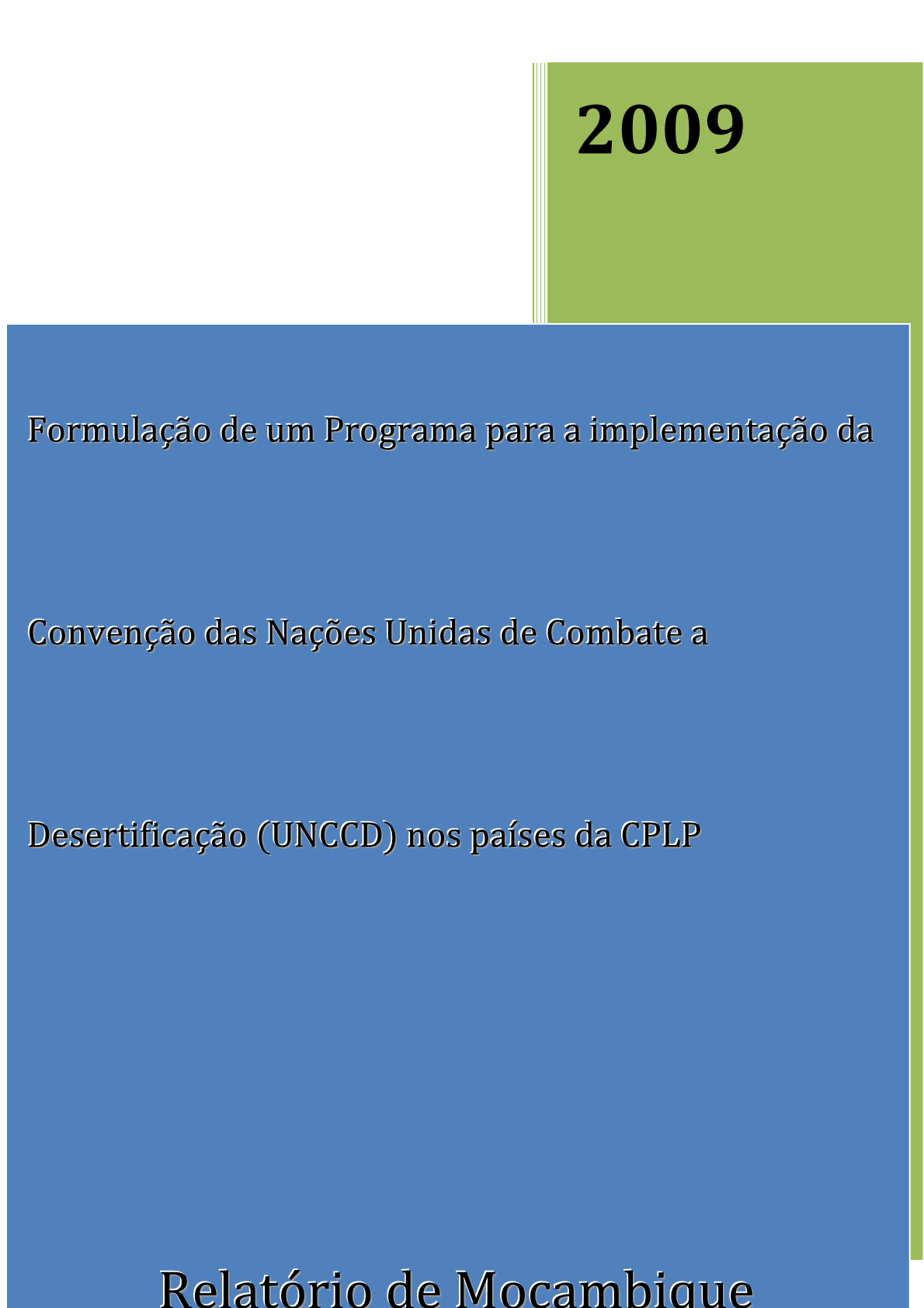Assessing soil degradation. Report of an FAO/UNEP Expert Consultation, Rome, 18-20 January 1977
There is a urgent need for a better understanding of the risks of soil degradation and their geographical distribution as well as a better knowledge of where degradation occurs at present. it would be desirable to combine soil conservation activities with other elements for increasing crop production.Erosion, salinity and alkalinity and the loss of soil fertility seriously reduce the natural potential of soils to produce food fibres. During the meeting, many criteria to assess the various types of soil degradation were outlined by the experts.
Cultivating Our Futures - Issues Paper: The Multifunctional Character of Agriculture and Land
Renforcement des capacités
Action contre la désertification aide les pays à identifier leurs capacités existantes et à hiérarchiser leurs besoins, en faisant intervenir un large éventail de parties prenantes : gouvernements, société civile, organisations de producteurs et de femmes, organisations techniques, instituts de recherche et communautés locales aussi bien au niveau local, national, régional qu'international.
Role of forestry in combating desertification
Ordenación sostenible de tierras y recursos hídricos: lucha contra la desertificación y prevención de la degradación de las tierras - ECA 32/02/2
Meeting Name: European Commission on Agriculture
Meeting symbol/code: ECA/32/02/2
Session: Sess. 32
Desarrollo sostenible de tierras áridas y lucha contra la desertificación
A Great Green Wall of Resilience
This publication will present efforts by FAO and partners on mapping the intervention area of the Great Green Wall initiative and restoration opportunities based on data gathered through Collect Earth and in support of presenting FAO's effort at COP22 in Marrakech on 14 November 2016.
Formulação de um Programa para a implementação da Convenção das Nações Unidas de Combate a Desertificação (UNCCD) nos países da CPLP
A localização geográfica de Moçambique nos trópicos e subtrópicos, faz com que ele seja vulnerável a eventos extremos de origem meteorológica tais como secas, cheias e ciclones tropicais e de origem geológica como é o caso de sismos e tsunamis. Dentre as diversas zonas do país, as áridas, semi-áridas e sub-húmidas secas são as mais vulneráveis, devido à degradação da terra caracterizada por perda persistente de productividade de vegetação, solos e pastagens e exacerbada pelo seu uso inapropriado (UNDP, 1992). As regiões sul e parte do centro do país são as mais afectadas pela seca.
Soil and Water Conservation Strategies in Cape Verde (Cabo Verde in Portuguese) and Their Impacts on Livelihoods: An Overview from the Ribeira Seca Watershed
Severe land degradation has strongly affected both people’s livelihood and the environment in Cape Verde (Cabo Verde in Portuguese), a natural resource poor country. Despite the enormous investment in soil and water conservation measures (SWC or SLM), which are visible throughout the landscape, and the recognition of their benefits, their biophysical and socioeconomic impacts have been poorly assessed and scientifically documented.


